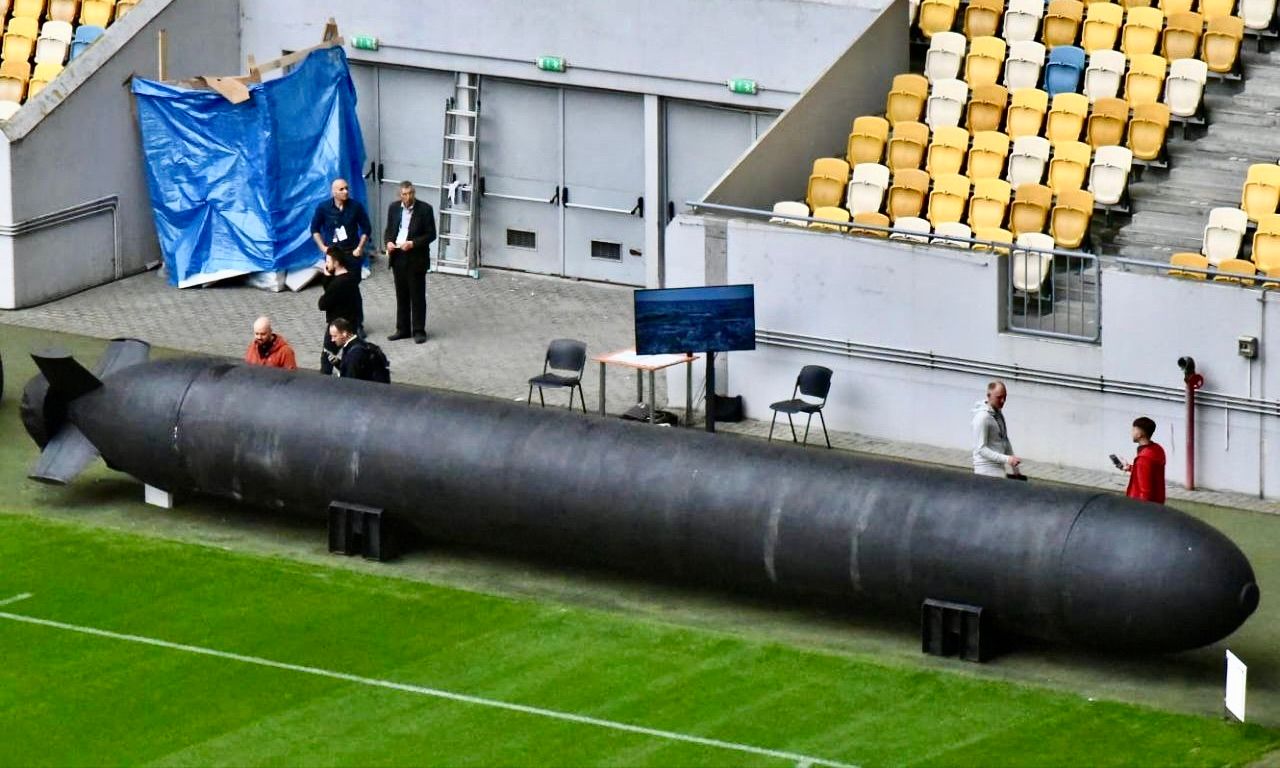NATO jets intercept Russian spy plane over Baltic Sea, Germany says

NATO scrambled two Eurofighter jets over the Baltic Sea on Sept. 21 after a Russian reconnaissance aircraft was detected flying without a filed flight plan, the German Delegation to NATO reported.
The aircraft, an Il-20M, departed from Russia and entered international airspace without establishing communication, making visual identification the only way to confirm its presence.
According to the German Air Force, after visually identifying the aircraft, the Bundeswehr handed over its escort to Swedish NATO partners.
Equipped with radar, signals intelligence, and electronic warfare systems, the Il-20M is designed to track communications and air defenses, providing intelligence for Russian operations.
Its interception marks the latest example of Russia testing NATO's eastern defenses.
Three Russian MiG-31 fighter jets entered Estonian airspace over the Gulf of Finland on Sept. 19, remaining for 12 minutes before leaving.
Estonia called the move a serious violation and requested consultations under NATO's Article 4, which allows members to seek talks with allies if their security is threatened.
On the same day as the Estonian airspace violation, Poland reported that Russian fighter jets had entered the security zone around a Baltic Sea drilling platform.
Just days earlier, on Sept. 10, Poland shot down Russian drones that entered its territory during an attack on Ukraine, the first time a NATO member has directly engaged Russian military assets over its own airspace during the war.
Romania reported a similar violation on Sept. 13, scrambling two F-16s after detecting a Russian drone entering its airspace during a strike on Ukraine.
In response to growing threats, NATO launched the Eastern Sentry mission to bolster its eastern flank.
Czech President Petr Pavel said on Sept. 20 that NATO must remain united and respond decisively to Russian provocations, including the possibility of military action.
Estonian Defense Minister Hanno Pevkur said on Sept. 20 that NATO's response to Russia's provocation in Estonia showed the alliance is prepared to use force if necessary.











